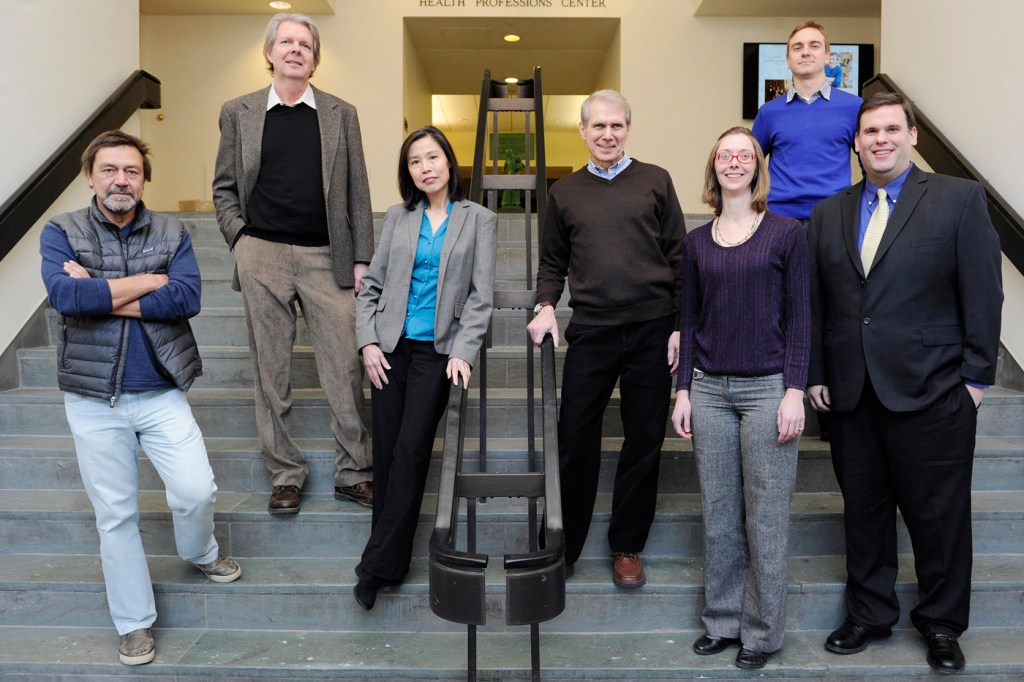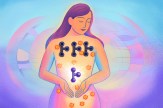Northeastern research draws global attention

On Wednesday, we reported on University Distinguished Professor Kim Lewis and his colleagues’ groundbreaking research in which they present a new antibiotic that eliminates pathogens without encountering any detectable resistance.
It’s a first-of-its-kind discovery—one made possible by Lewis and Northeastern biology professor Slava Epstein thanks to their pioneering work in developing a novel method of growing uncultured bacteria in their natural environment, which led to the founding of NovoBiotic Pharmaceuticals. The research team, led by Lewis, includes NovoBiotic and colleagues in Europe.
The research, which was published in the journal Nature, has made headlines worldwide and drawn praise from the scientific community. Here’s a sampling of excerpts from those articles:
From The New York Times
An unusual method for producing antibiotics may help solve an urgent global problem: the rise in infections that resist treatment with commonly used drugs, and the lack of new antibiotics to replace ones that no longer work.
From CBS News
“We did something very different,” Lewis tells CBS News. “Instead of trying to figure out what to put in a petri dish, we simply grow them in their natural environment.”
From National Geographic
Teixobactin isn’t even the most promising part of its own story. That honour falls on the iChip—the tool that the team used to discover the compound. Teixobactin is a fish; the iChip is the rod. Having the rod guarantees that we’ll get more fish—and we desperately need more.
From The Wall Street Journal
Scientists have discovered a powerful new antibiotic they say can kill an array of germs without the bugs easily becoming resistant to it, a potential weapon against a range of diseases.
The discovery is a rare—and much-needed—breakthrough in the quest for new antibiotics to overcome the problem of growing resistance to existing drugs.
From Bloomberg News
“It’s been 25 years since we’ve had a new, promising antibiotic.” – Drew Armstrong, Bloomberg News journalist covering health and pharma
From BBC World News
Their novel method for growing bacteria has yielded 25 new antibiotics, with one deemed “very promising”. The last new class of antibiotics to make it to clinic was discovered nearly three decades ago.





